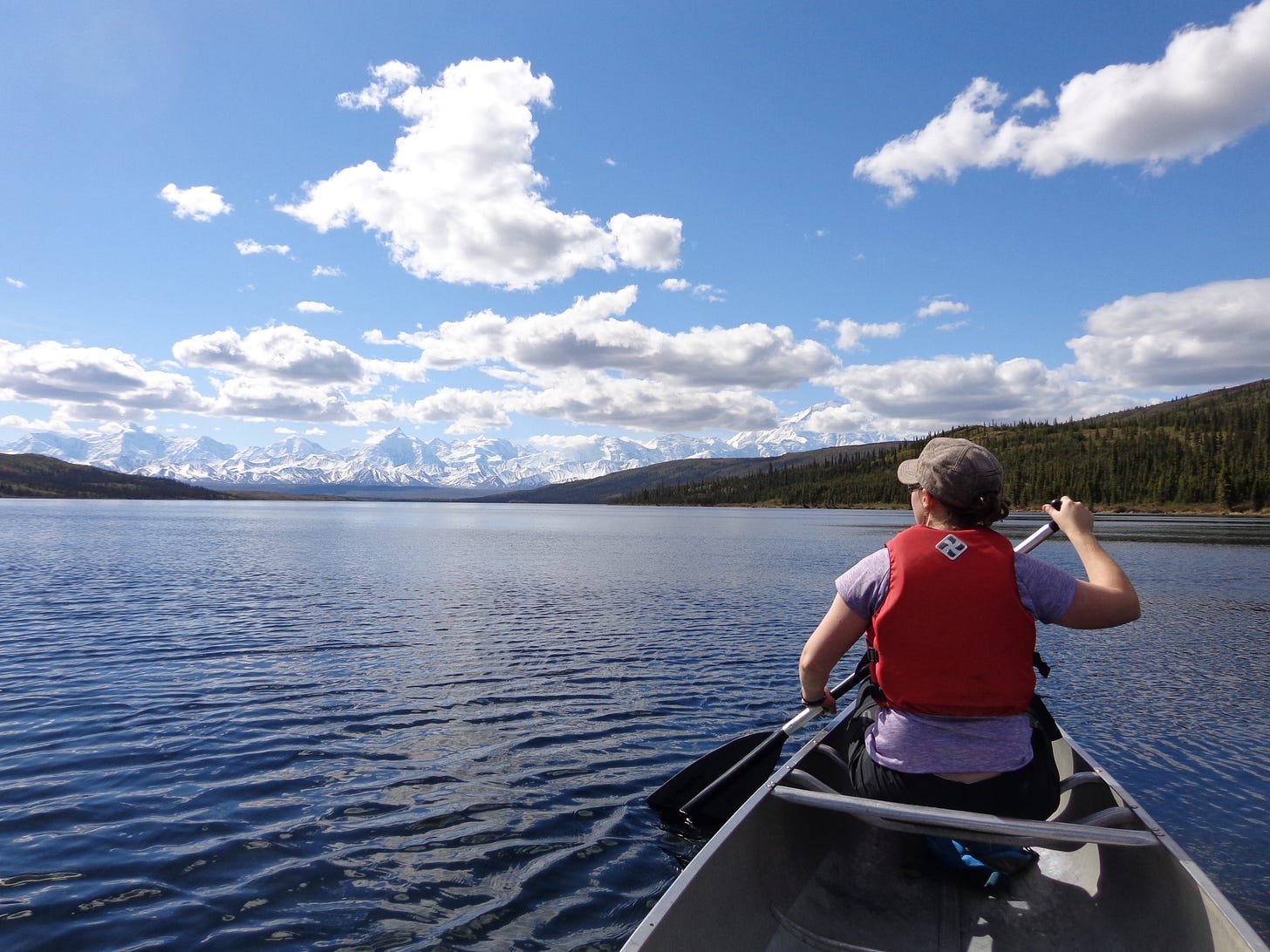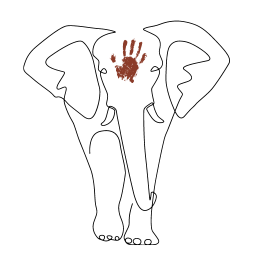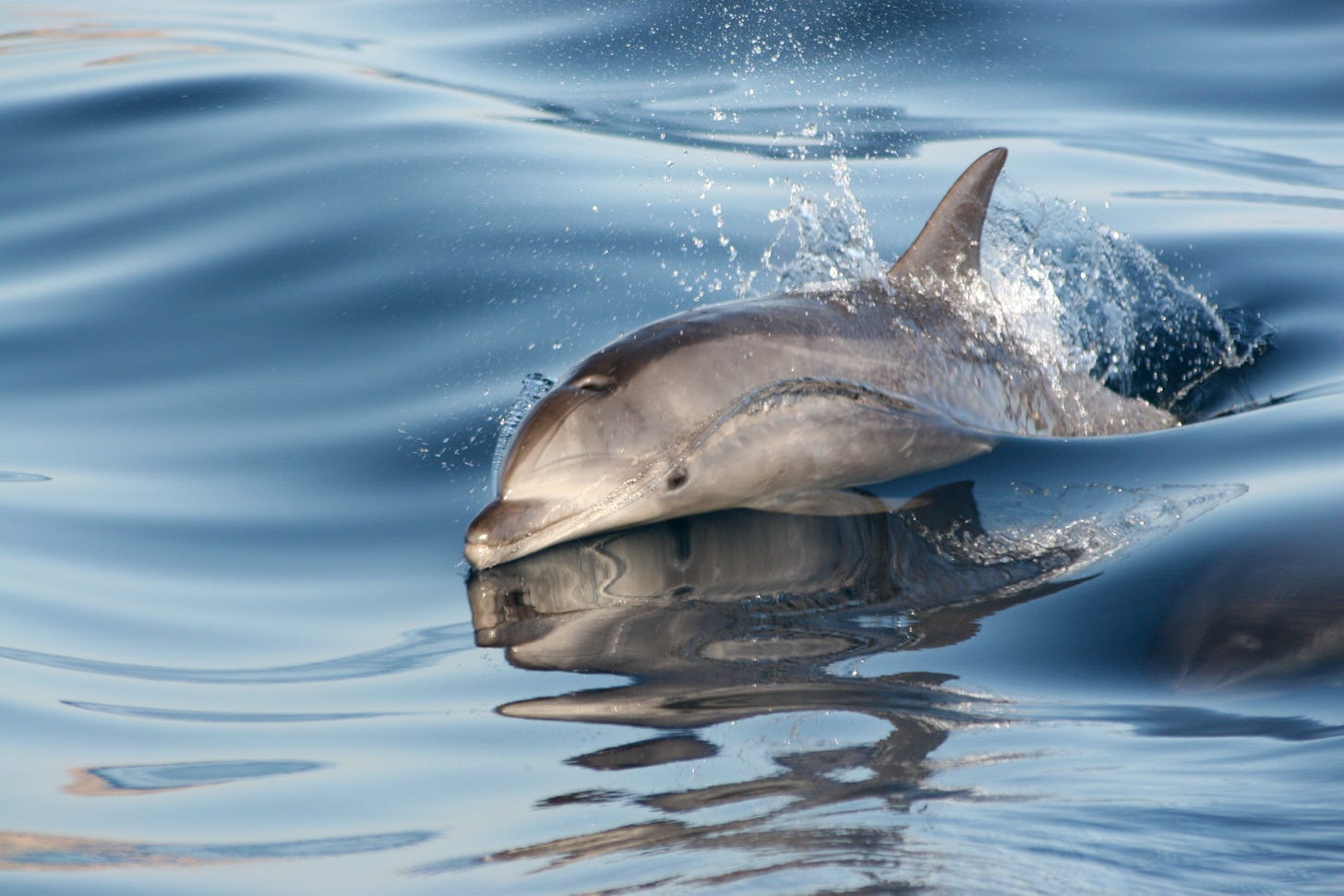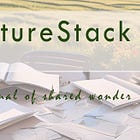Nature writer, n. A person who delights in paying attention, being astonished, and telling about it.1
“Writing about this noticing later, when all is quiet and the world makes sense to me again, is like a prayer. It allows me to be both embodied—as the writing itself is an act that requires me to be here, in this world—and also internal and reflective. Writing allows me to escape and have my feet rooted at the same time.” ~
Welcome to Season 2 of the Reciprocity interviews. My inbox is full of treasure in the form of lovingly observed writing about place, encounters both wild and gentle, imaginative kinship and renewed reciprocity. These thoughtful, talented writers kindled in me the desire to learn more about them.
Today’s guest, is a nature writer, memoirist, mother and poet. She is a former whale biologist and globetrotter now living in a beautiful mountain valley, dreaming of the sea with her feet in the river and her pen on the page.
What can I say about Kendall’s unique storytelling? I resist diminishing her alchemical word-weaving magic with even my very best adjectives. Yes, her writing is luminous, astonishing, and heart-opening and it restores my faith in humanity. And yes, it’s what the world most needs right now, full stop.2
Her newsletter, Touching the Elephant, is a place where science and nature writing meet spiritual meaning-making.3 Kendall presses her ear to the heartbeat of the world and tries to tell about it.
Why are you drawn to nature writing?
I’m drawn to write about what I love, and there is nothing I love more than being wonderstruck by the natural world. I grew up in the Sonoran desert, which isn’t always the most hospitable playground (despite its incredible beauty), so I spent my childhood immersed in stories that allowed me to explore environments that felt more welcoming than the thorny, rocky landscape out my back door. I read and reread books like Hatchet, Robinson Crusoe, Island of the Blue Dolphins, and Swiss Family Robinson. I would imagine that I was a sailor or a marooned survivor on some distant shore, and I have no doubt that this early reading led to my nomadic life later on.
I feel incredibly fortunate to have spent the better part of my life roaming from one wild place to another, gathering stories along the way. Writing about those experiences here on Substack now, in midlife, from a place I am more rooted and raising my own daughter, feels like fulfilling a promise to the child who seeded the dream of discovery while tented under her bedsheets with a flashlight and a penchant for adventure.
How does writing about nature affect you, in your work or personal life?
I have the tendency to be rather in my head—which I won’t judge here as either inherently good or bad—but it does affect my relationship with both people and my environment. As a child, my mother called this place La La Land—I would get a distant look in my eye and be totally unresponsive to any external comings and goings until she got right in front of my face and quite literally snapped me out of it. My whole childhood is marked by the words, “where did you go??”. I think that the stimulus of people and noise and tension and conflict and laughter and cars backfiring and the cat crying to be let out and the TV blaring an advertisement for a Ch-ch-ch-chia pet and, and, and! has always been too much for my porous, observant soul, and I needed to escape from time to time. I coped by untethering and letting the world get blurry and distant so I could float away to the safety of my inner thoughts and wanderings.
As an adult, I’ve learned how to bring myself back (in the absence of my mother’s snapping), which is rather like waking oneself from a deep dream, begrudgingly. The best way I know how to do this is to go outside and lock onto something small and beautiful and then slowly let the rest of the surrounding world come back into focus. Being in nature is the softest place for me to do this– it feels like a deep spiritual communion to wake up to the world one leaf or drop of water or distant raven’s call at a time.
Writing about this noticing later, when all is quiet and the world makes sense to me again, is like a prayer. It allows me to be both embodied—as the writing itself is an act that requires me to be here, in this world—and also internal and reflective. Writing allows me to escape and have my feet rooted at the same time.
While outside, have you ever experienced feeling small, lost or in danger?
More times than I can count! Feeling small is one of the reasons I spend as much time outside as I do, actually. It helps me take some of the “main character” energy out of my story, which is a shift that I crave more and more the older I get. We are all so caught up in our personal dramas, and it’s an incredible relief to take in a layered mountainscape or an endless blue horizon and remember that we are, in fact, a rather insignificant part of a very large whole and that this beautiful story will roll on without us. When I’m no longer steering the proverbial ship, I find I can relax and take it all in without all the pressure.
As for the others, I haven’t actively sought out feelings of danger or disorientation the same way that I have sought out smallness (for obvious reasons), but if you’re serious about the business of losing yourself in the great outdoors, these experiences will surely find you. I’ve been caught in frightening storms at sea and in the mountains, have unwittingly shared the water with hungry sharks, have had too-close-for-comfort encounters with grizzlies and venomous snakes, and have come out of all those experiences feeling both humbled and invigorated. (The infamous “Type Two” fun, where the experience is not enjoyable in the moment, but makes for an epic story later on, laughing and shaking your head around the fire with friends.4)
What’s a favorite memory of nature from your childhood?
As a water baby born in an arid landscape, all my favorite memories of nature revolved around our yearly family exoduses to the sea. Every single time I ran to the shore after that long drive over the mountains into Southern California, it was a sweet homecoming.
I remember one moment in particular, when I was about seven or eight, practicing body surfing on some waves that were, in hindsight, probably much too large for a little girl to be throwing herself at the mercy of. I’d been slammed a few times already, and had sand in my hair and a kink in my neck, but I was fearlessly, stubbornly determined to get it right. And then I did it—I nailed the timing. I caught the swell right before the wave broke, and it rolled right under my belly, propelling me towards the shore. For an eternal moment, I was flying. The ocean held me. And then she delivered me onto the shallow sand just like you might lower a treed kitten onto the grass below—tenderly and with the utmost care—and I fell in love. I loved her in all her dangerous, gentle complexity. I still do.
What do you hope for, for your writing?
All I want for the rest of my days, both in writing and in life, is to do what Mary OIiver so perfectly asks of us: “Pay attention. Be astonished. Tell about it.” I do not have an agenda beyond that. I want to get better in my craft, of course I do. I want to evolve and push myself and grow and grow and grow and be shattered by how insufficient words are to say what even a single blooming flower can express. But I don’t need a publishing deal or a certain number of followers to validate that. Maybe that’s in the cards for me, and maybe it’s not. It’s enough that people keep telling me that they have cried while reading words that I write through the veil of my own tears. What could be more valuable than that?
A writer or other creative artist who makes you hopeful for humanity and the earth.
There are so many. Aside from the “greats”, like the aforementioned Mary Oliver, as well as others like Andrea Gibson and Barbara Kingsolver and Annie Dillard and Liz Gilbert, I am constantly brought to my knees by writers right here on Substack.
makes me feel total rapture, illuminates the grit and the beauty of humanity, is a master of bringing you right smack into her world, and devastates me and then sits me down at her table afterwards for a cup of tea and a hug. I could go on and on. There is so much hope and beauty out there for the taking. It’s an embarrassment of riches, if only you have eyes to see it.Each season, we donate 30% of paid subscriptions to a worthy environmental cause. This season, it’s Indigenous Climate Action. They envision a world with sovereign and thriving Indigenous Peoples and cultures leading climate justice for all. Track past and current recipients here.
What did you enjoy most about this interview? I’d love to hear from you. Or share it with others by restacking on Notes, via the Substack app. Thanks!
Notes and links
If you’d like to participate in this interview series, please DM me on chat, or reach out via email: gabrielli-dot-julie-at-gmail. Find previous interviews here.
For more inspired nature writing and artwork from the best of Substack, check out the articles in our final edition of NatureStack journal.
In further service to Substack’s nature writers,
curates this lovely directory of nature-focused writers:thanks, Mary Oliver
I don’t for a minute take for granted that Substack is a welcoming home of writing like this.
Type One fun is fun in the moment, and Type Three experiences are not fun in any way, ever, not even in the retelling. Type Two hits a certain sweet spot of pushing ourselves beyond our comfort zones.










What a wonderful interview. Thank you for all of it - the shoutout is much appreciated, but as ever, most of all appreciate your wisdom and your words.
Julie, Thanks so much for yet another look into the mind of my fellow nature writers. Such an amazing group you have helped weave together.
Kendal, loved the insight into your 'natural history' and smiled as your tale of body surfing reminded me of similar experience-wonderful and awe-inspiring